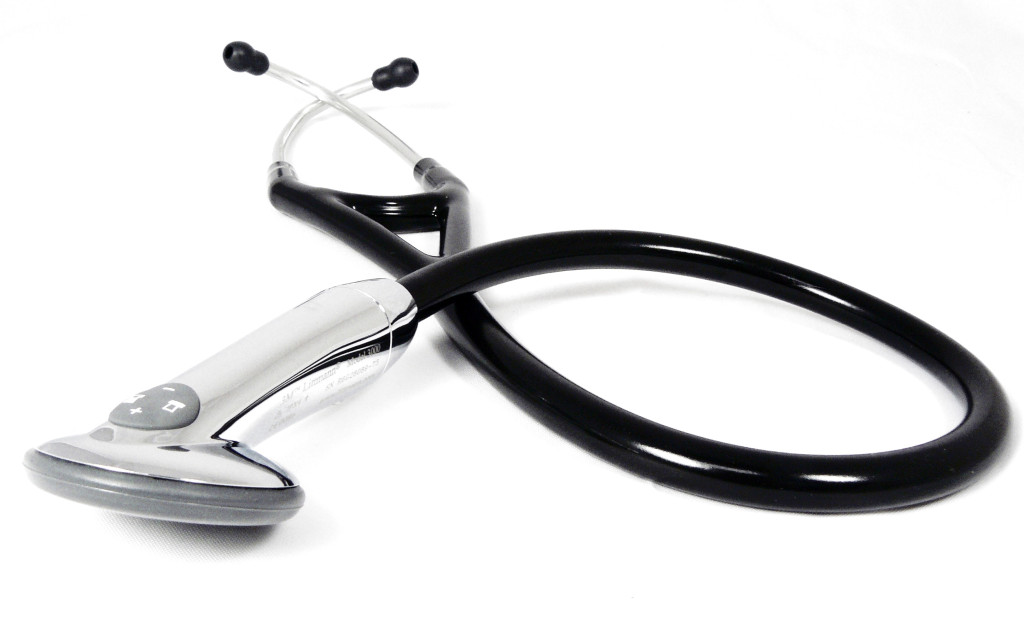A Gynaecologist and Fertility Specialist, Dr. Jumoke Ogunro, says an average Nigerian woman is ignorant of basic symptoms associated with menopause.
Ogunro, who works at a Lagos-based hospital, Alpha Assisted Reproductive Klinic, said this in an interview with the News Agency of Nigeria in Lagos.
She said that lack of awareness about menopause was the major reason many women did not visit gynaecologists to consult on menopausal symptoms.
Ogunro said: “Menopause is a normal condition that all women experience as they age.”
The medical experts describes menopaouse as any of the changes a woman goes through, either just before or after she stops menstruating, marking the end of her reproductive period.
She said: “In Nigeria, we need to first educate women about menopause.
“The average woman knows that one day, she will stop menstruating but most are not aware of symptoms associated with this normal process that every woman will have to cope with.
“Medical community has also neglected this sub set of women in the community.
“In developed countries there are menopausal societies that help to educate women and also the health care professionals regarding menopause and its management.
“In Nigeria, the menopausal woman is left to cope all by herself; our women must receive the right information about menopause, and how to cope with it.”
According to the specialist, menopause is a normal process and not a disease.
She said that the symptoms experienced are as a result of a fall in the levels of the female hormones including the oestrogen and progesterone.
Ogunro explained: “Once menopause is attained, there is a drastic drop in the level of these hormones.
“Symptoms associated with menopause include hot flushes, vaginal dryness, itching, pain with sexual intercourse, leakage of urine.”
The medical practitioner said that because the protective effect of oestrogen on the bone is lost, this development could result in osteoporosis (thinning of the bones).
She disclosed: “Menopause is also associated with some emotional and cognitive symptoms.”
The gynaecologist said that ideally, hormones replacement therapy was used to replace the hormones that were lost during menopause.
She said, however, that the use of HRT was associated with an increased risk of stroke, breast and endometrial cancer.
Ogunro said: “HRT is used for the shortest time possible and the benefits must outweigh the risks.
“As a result of this, other medications such as anti-depressants and clonidine have been used to treat hot flushes.
“Vaginal moisturising agents have been used to manage vaginal dryness and painful intercourse.
“It is important to note that some of the symptoms can be managed with simple lifestyle changes.”
Ogunro said that the average age of menopause was 51 years, but that menopause could occur in women between 45 to 55 years.
According to her, in Nigeria, the age range has been between 46-48 years from studies reviewed.
She noted: “It can occur early or later in some women; when it occurs before a woman is 40-years-old, it is called premature ovarian failure.”
Trending
- Anambra records 102,643 child deliveries, 343 C-sections in 18 months – Official
- Navy ordered to reinstate dismissed officer, pay outstanding benefits, damages
- Fire guts Sokoto school for orphans displaced by Boko Haram
- Nigeria signs $175m partnership deal with UNIDO to boost industrialisation
- IMF endorses Nigeria’s Single Window Trade project
- Court orders final forfeiture of Abuja, Kano property linked to FIRS staff
- Troops intercept illicit drugs in Ogun
- Breaking: Supreme Court sacks Abure as Labour Party national chairman


